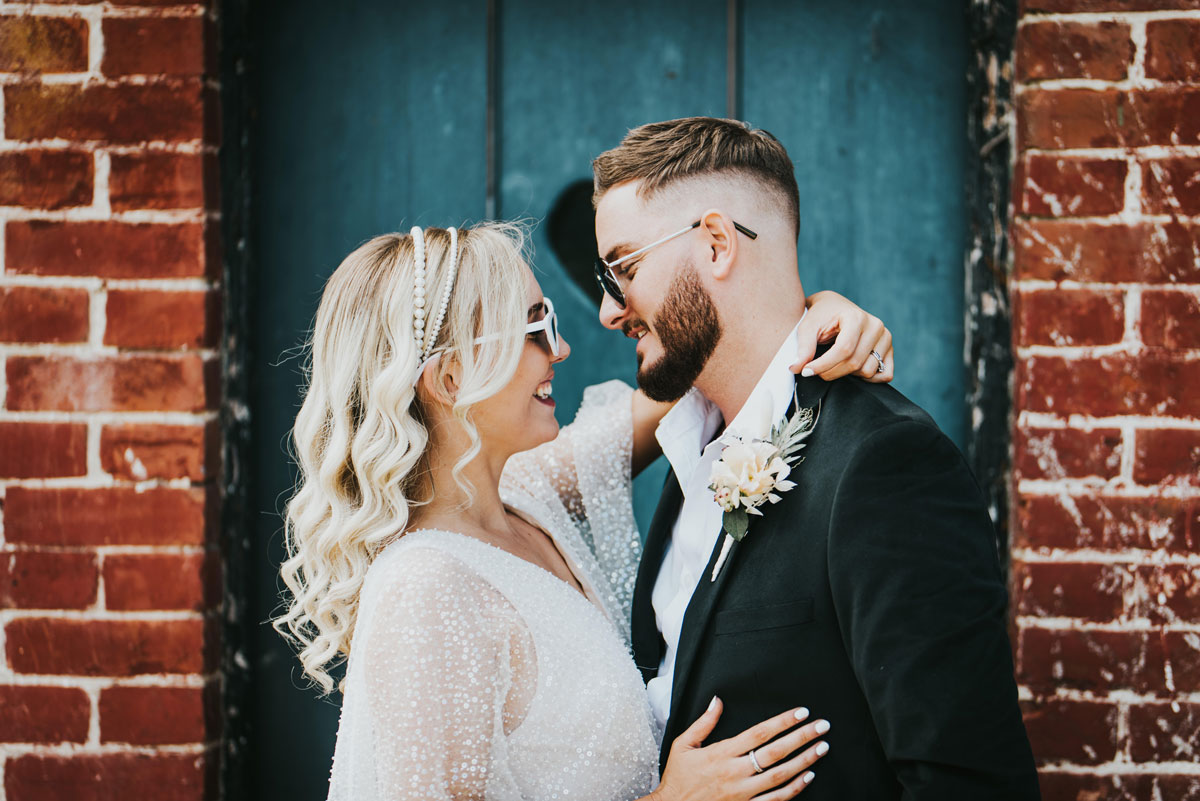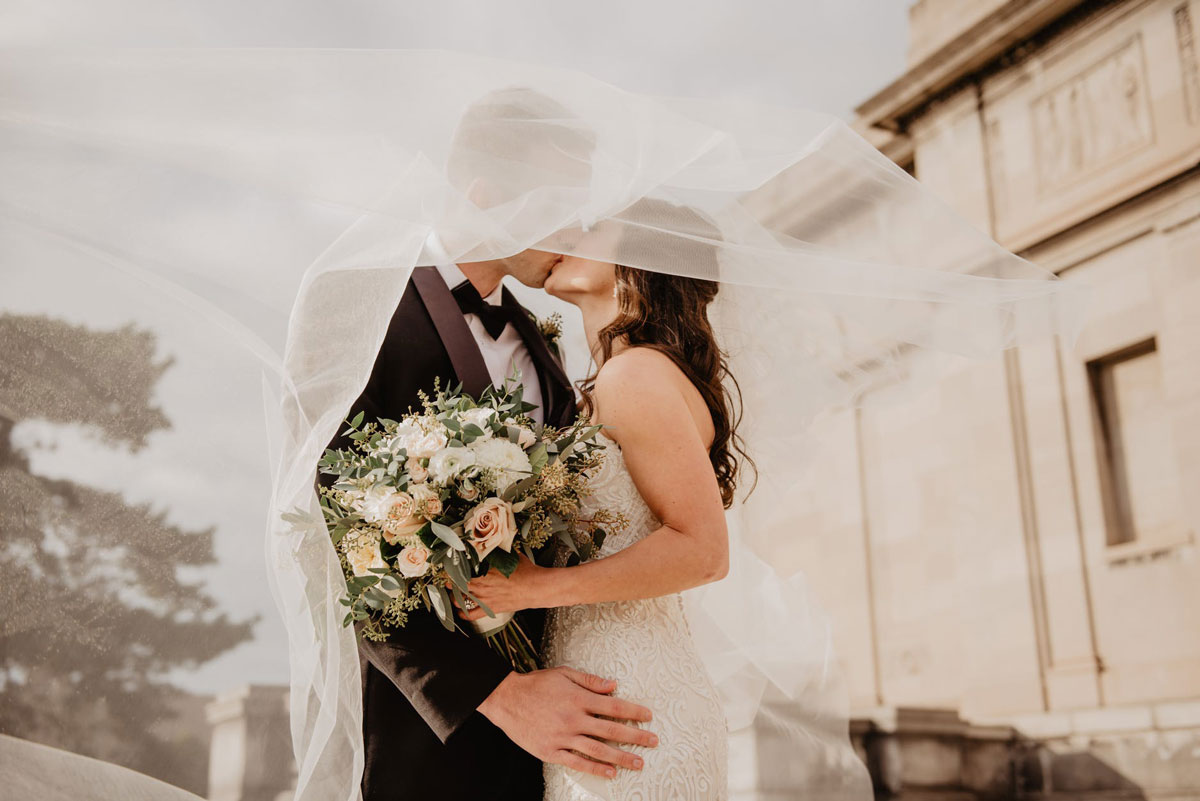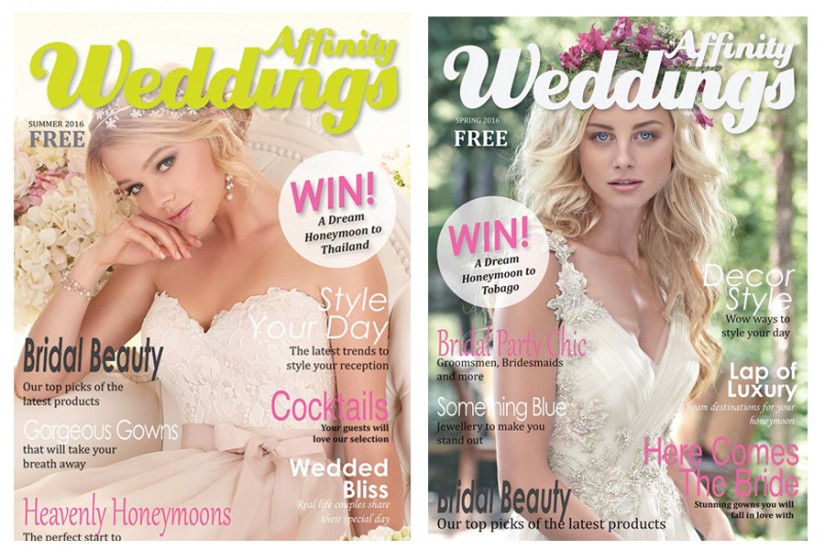Getting married can be very stressful (in fact, that’s an understatement). We’re more all aware of focusing on self-care and decreasing stress – and that should not be neglected during the wedding planning process.
Just got engaged and already stressing about planning your wedding? Don’t worry, we caught up with wedding planner Illy Goodall of Illy Elizabeth Weddingswho shares her tips with us.

Illy says: “If you aren’t experienced with planning events, then it can be very overwhelming. When you become engaged and you sit down to think about what to do first when it comes to planning your wedding, most couples see this as the first point of stress.
“There are no clear indications on what the first steps should be and there are no online tutorials on what to do. Of course, we get bits and pieces of information when we research it all, but most couples go in blindly.
“It takes around 250 hours to plan a wedding, however with the knock-on effect from the recent years pandemic, this has increased planning time to 300 hours due to the high demand in suppliers within the industry.”
Illy adds that the most stressful part of wedding planning is actually towards the end. If you don’t have a wedding planner or coordinator producing your timelines for you, and contacting all of your supplies for final confirmations, this can really overwhelm couples.

“Whilst you have the emotional side to deal with, you also have to deal with everything else, even if you don’t want to”, Illy continues.
“If you’re planning a marquee wedding, logistics are even more complex and it’s not how you should feel towards the end of the planning journey.”
So, what are some key things to remember when planning a wedding? Illy has a few tips:
- Prioritise what is important to you both as a couple, never forget that this day is about the both of you.
- Don’t feel overwhelmed by doing it all at one, break everything down into sections and give yourself allocated time to work on those areas.
- Let family or friend dramas go over your head, don’t take it personally as your emotions can be heightened more than usual.
- Set a realistic budget and stick to it.
There are many reasons as to why you should hire a wedding planner, and decreasing stress is one of them – especially as this can leave you feeling unwell towards your big day. Stress can cause a lack of sleep, loss of appetite, and irritation, which can put a strain on your relationship (which isnot ideal when you’re about to tie the knot).

Many couples wait two years or more to get married so that they can plan their perfect wedding. There’s a good reason for this
Illy says: “Give yourself at least a 12 months lead time, do NOT rush the process. I know it can seem really exciting to try to do it within six months, but post-pandemic I would advise against this, especially to protect your mental health.
“Take time out, if it feels like the planning is taking too much of an emotional toll on you, take some time out and stop planning for a short period of time.”
Illy suggests allocating a time each week for wedding planning, and even to put a timer on your phone to make sure you don’t go over that allocated time, so that you can switch off once you’re finished.

She also suggests looking after yourself by partaking in self-care – book a spa day, use online resources to help you, and most importantly: ask for help when you need it.
Tips for planning a wedding in the least stressful way possible:
She says: “Use an online wedding website for RSVP’s, they come in really handy. Make an excel spreadsheet with your budget, you will find downloadable templates online for free.
“Hire a wedding coordinator to create your timelines, manage your suppliers 2-3 weeks before and run your day for you.
“Don’t cut corners, there is a reason that suppliers are cheaper or some things may seem too good to be true.
“Delegate family members or friends to help with planning tasks. Don’t exceed your budget unless you are comfortable with this.”
We’re totally here for wedding planning but not to the detriment of your mental health. This year, focus on you and your own mental health, and let wedding planning be the exciting journey it should be – help from a professional or not.

Remember to spend time looking after yourself, but also just keeping in touch with your current relationship. An honest and open relationship with great communication is a healthy one, and one that can help see you through to the big day with no huge obstacles in the way.





